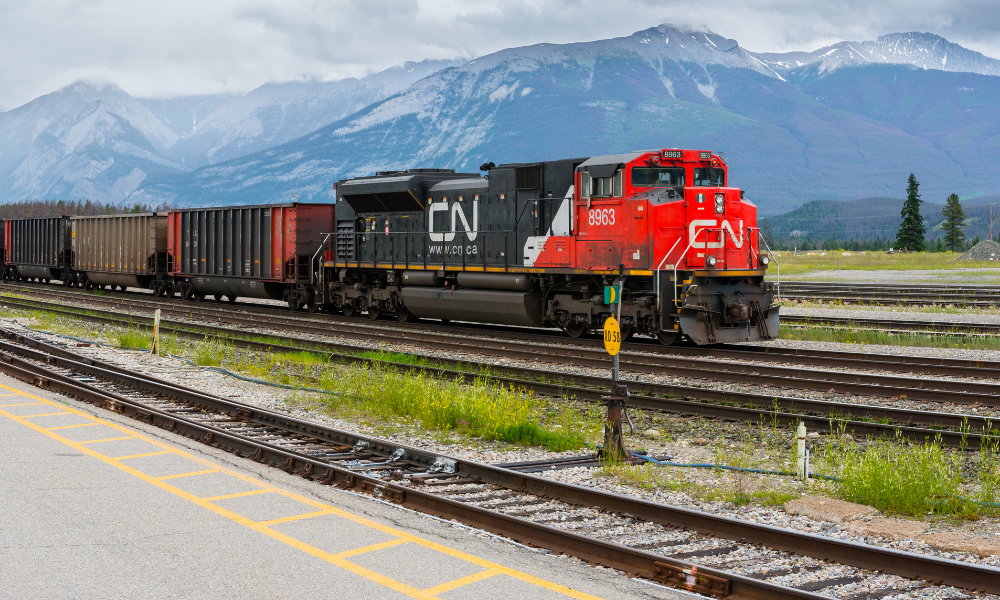
Move 'unprecedented', says Canada Industrial Relations Board

The way that the nationwide rail strike in August ended is something that Canada has not seen in the past years, according to a report.
“Unprecedented,” was how the Canada Industrial Relations Board (CIRB) described Federal Labour Minister Steven MacKinnon’s decision to step in to force Canadian National Railway (CN), Canadian Pacific Kansas City (CPKC) and the Teamsters Canada Rail Conference (TCRC) to end their strikes and lockouts.
In August, the CIRB gave about 9,300 workers at CN and CPKC – who are represented by Teamsters Canada – the go signal to hold a strike.
“At this time, a strike or lockout at CN would not pose an immediate and serious danger to the safety or health of the public,” the CIRB said in a decision it issued on Aug. 9. “Accordingly, the Board is of the opinion that the parties’ agreement on the maintenance of activities is sufficient to ensure compliance with section 87.4(1) of the [Canada Labour] Code (CLC).”
Following the CIRB decision, CN formally requested the Minister of Labour’s intervention under section 107 of the Canada Labour Code (CLC) as negotiations with the union stall.
Shortly after, MacKinnon invoked Section 107 of the CLC to impose binding arbitration on the dispute between CN, CPKC, and the Teamsters union – which represents engineers, conductors, and yard workers.
MacKinnon stated that extending the terms of the current collective agreements until new agreements are reached would help stabilize the situation, according to a CBC report. "Workers, farmers, commuters, and businesses rely on Canada's railways every day, and will continue to do so. It is the government's duty and responsibility to ensure industrial peace in this critically vital sector," MacKinnon said in a press release.
The CIRB said MacKinnon “effectively directed the board” to end the strikes and lockouts, according to a Canadian Press (CP) report.
To make the “unprecedented” move, MacKinnon used his “discretionary powers” under the CLC, and the board had no leeway to refuse the directive in this case, CIRB said, according to the CP report posted on Global News.
After the workers were ordered back to work, Paul Boucher, President of the Teamsters union, said: “This decision by the CIRB sets a dangerous precedent. It signals to Corporate Canada that large companies need only stop their operations for a few hours, inflict short-term economic pain, and the federal government will step in to break a union.
“The rights of Canadian workers have been significantly diminished today,” said Paul Boucher, President of the Teamsters Canada Rail Conference.”
The union also said that it intends to challenge the decision "all the way to the Supreme Court if necessary”.
“The right to strike is a constitutional guarantee for Canadian workers. Without it, unions lose critical leverage to negotiate better wages and safer working conditions,” said the union, “Corporate Canada will seize upon this, becoming less inclined to negotiate in good faith, knowing the government can now bust a union on a whim.”